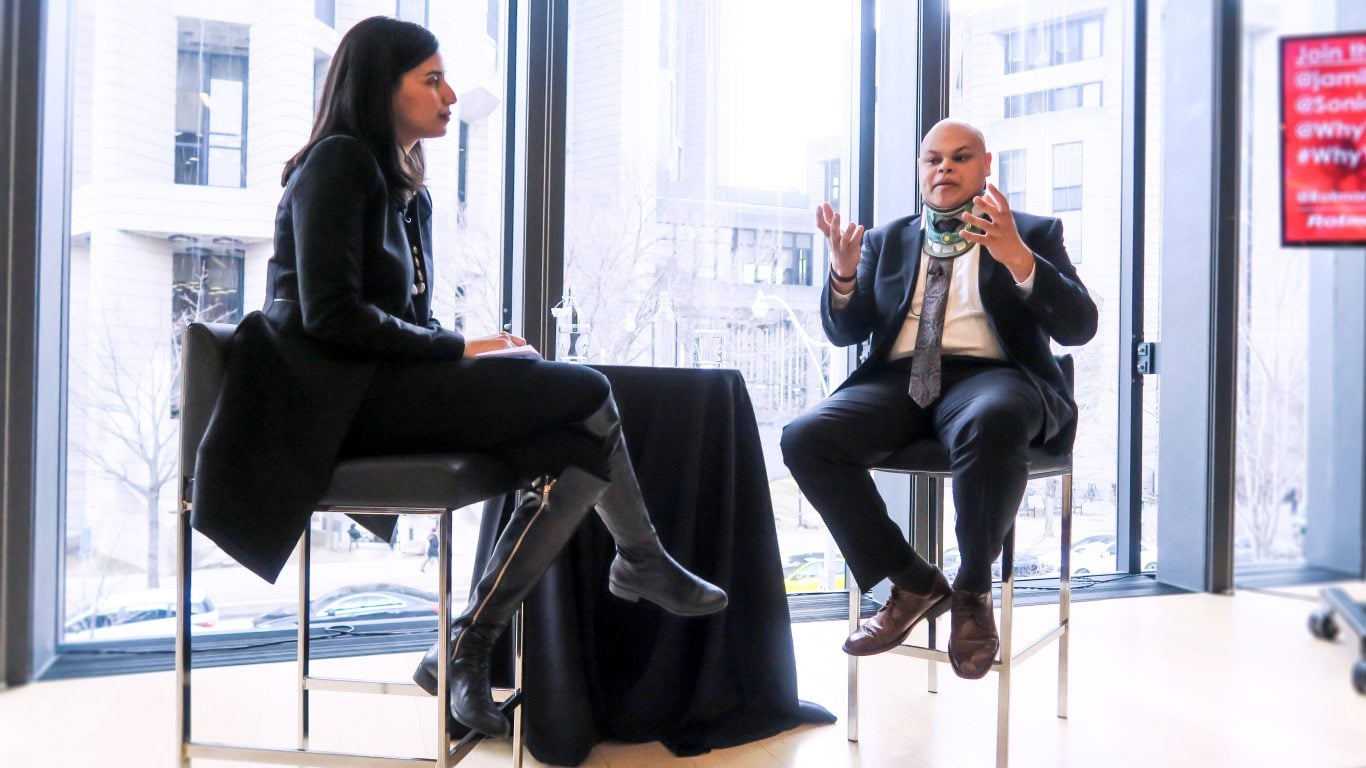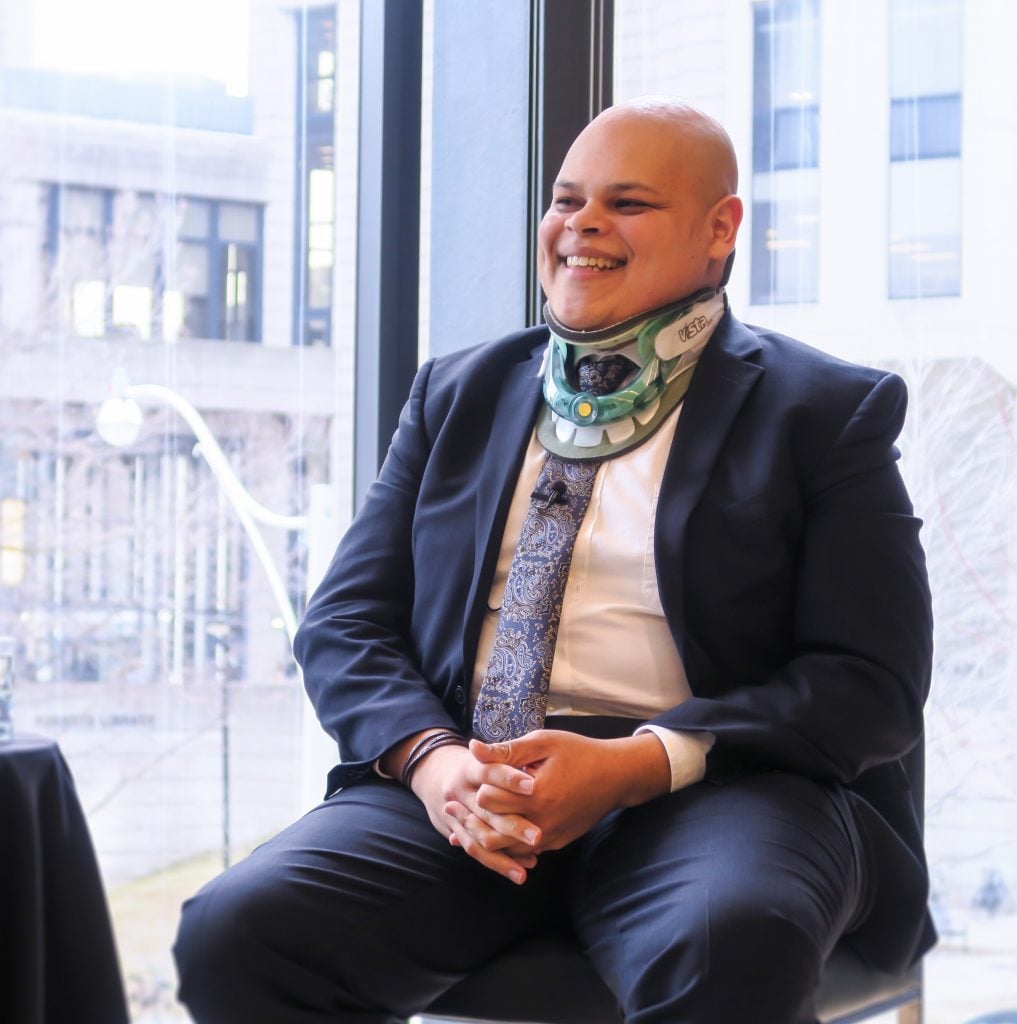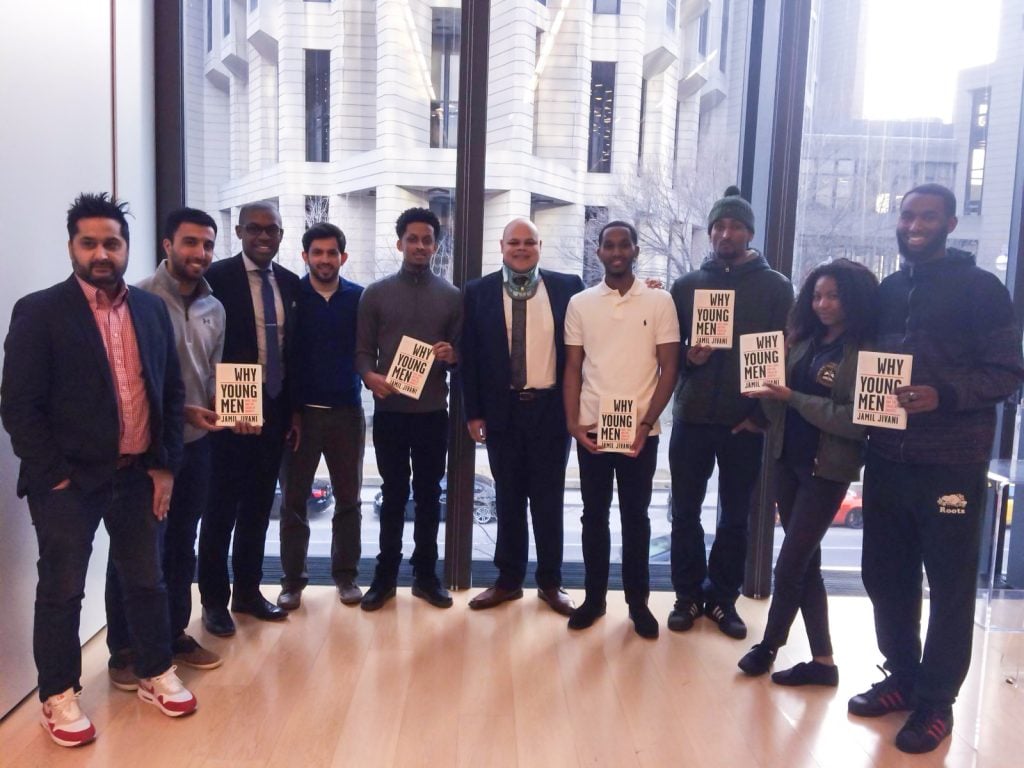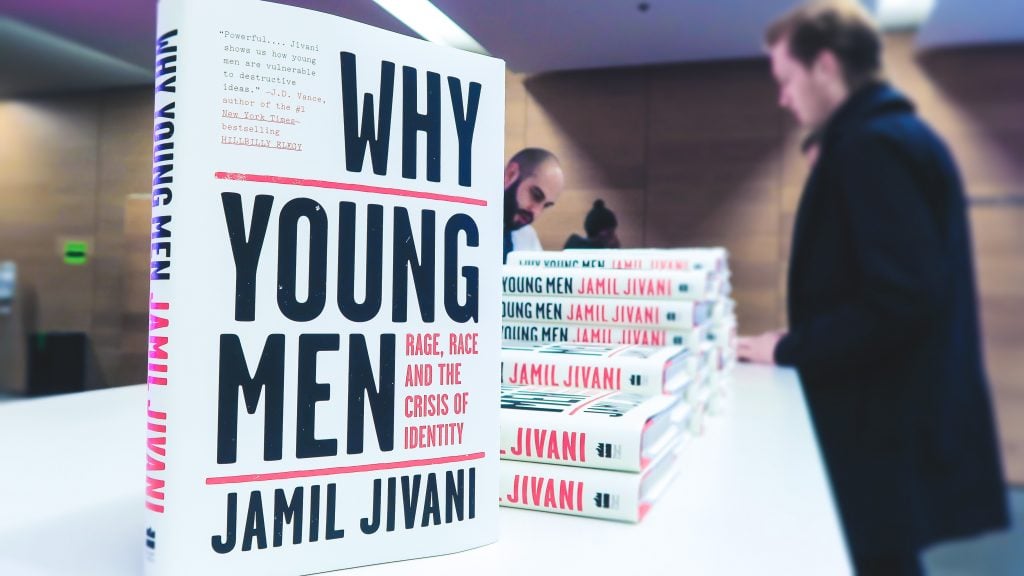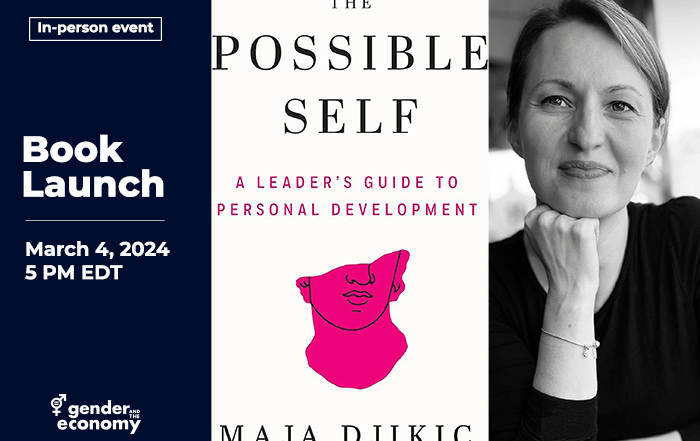Why is masculinity so difficult to talk about?
“…I think we associate masculinity invariably with a history of sexism and misogyny, (and) that makes it hard to talk about young men as people who are in need of something…”
Jamil Jivani, author of, “Why Young Men: Rage, Race and the Crisis of Identity,” emphasized at our recent event that instead of “pushing away” men (particularly young men) from the conversation about gender and masculinity, we need to actively engage them. And we need to be willing to do so from a place of nuance and humility; understanding that race, experience, and identity are key considerations that need to be made in these discussions. Jivani continued:
“Masculinity is really just what the people around you show you it to be. So, depending on your life experiences, or who’s around you, and what influences kind of shape your identity, you’re going to have a very different sense of what masculinity looks like.”
This idea also links to Jivani’s concern with understanding how young people make life decisions, and what roles our institutions and communities can play to better support them. If young men in particular are feeling alienated or isolated, they may turn to extremist groups, organized crime and/or extremist ideologies in order to better understand their social situations. Jivani believes that, particularly for young men of color, institutions like the media and law enforcement often play into their feelings of isolation and anger because of stigmatization and discrimination. Ultimately, we need our institutions to gain credibility with our young people so they are invested in them and want to inherit them.
Finally, Jivani emphasized that we need to help young men see their potential and give them the capacity to aspire. He identified two ways that we can help them build this capacity:
- Value youth workers – Youth workers fulfill many roles. They are social workers, role models, and mentors. Their job is to watch out for young people who are on the margins, dropping out of school or disengaging from community groups, and engage them in the spaces where they are showing up. They play a critical role in neighborhoods where youth are disconnected, and they are often undervalued and underfunded.
- Build initiatives like President Obama’s My Brother’s Keeper – This initiative, launched by the Obama administration, is a coalition of foundations, agencies, and municipalities, which help young men reach critical milestones in their education and development. The significance of this program is the example it set by showing how political and cultural capital can be organized to support youth.
To see more of the talk, view the videos below.



